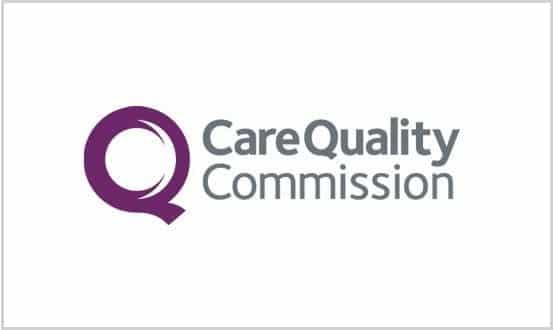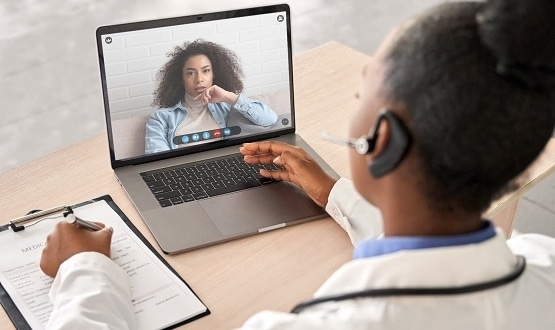GP-on-demand service GPDQ deemed to be providing safe care by CQC

A GP-on-demand service has been deemed by the Care Quality Commission (CQC) to be providing a safe service in accordance with regulations.
A recent inspection of GPDQ concluded that “staff had the information they needed to deliver safe care and treatment to patients”.
The paid-for service claims to connect patients directly, through its app, with a local NHS GP who will visit them within hours at a location of the patient’s choice, be it their home, workplace or a hotel if they are travelling from abroad.
In the CQC report, the regulator commented that GPDQ “had systems for sharing information with staff and other agencies to enable them to deliver safe care and treatment”.
The report added: “Where appropriate information was shared with the patient’s NHS GP, for example if a patient needed an urgent referral.
“Clinicians we spoke with were able to explain that confidential information could be shared without consent if it was required by law, or directed by a court, or if the benefits to a child or young person that would arise from sharing the information outweighed both the public and the individual’s interest in keeping the information confidential.
“This was in line with GMC guidance around information sharing.”
The service was also deemed to be providing effective care, was caring, responsive and well-led.
GPDQ’s founder and chief medical officer, Dr Anshumen Bhagat, said: “It’s fantastic that the CQC recognise this in their report.
“One of the biggest challenges for the UK’s digital healthcare sector is striking a balance between embracing innovative technology to create a service whilst effectively coping with the growing demand for that service – and having the ability to simultaneously deliver excellent clinical care.
“There is a risk that adopting new technologies can leave us with little time to focus on quality and value, however at GPDQ, we have achieved this with our uncompromising approach to clinical excellence.”
A recent CQC report into online primary care providers revealed that 43% were found not to be providing ‘safe’ care in accordance to the relevant regulations.
Furthermore, the regulator expressed concerns that some online providers were not sharing information with GPs.




